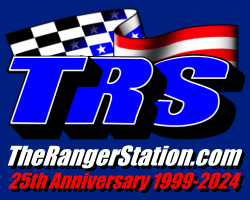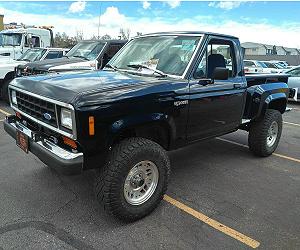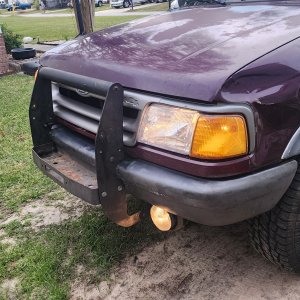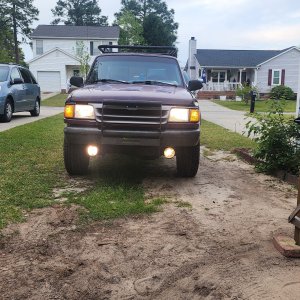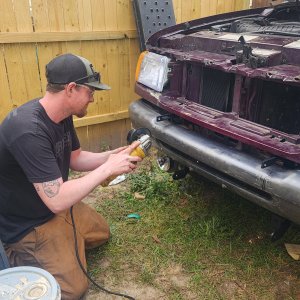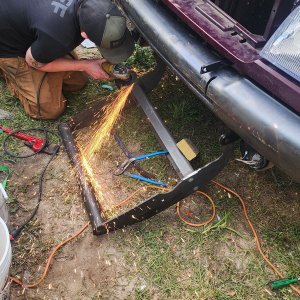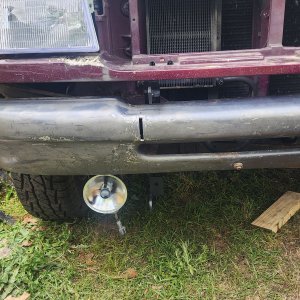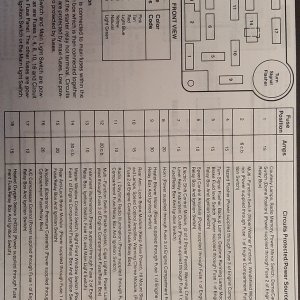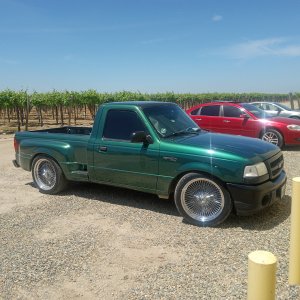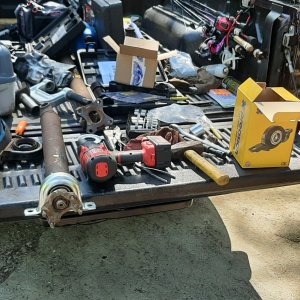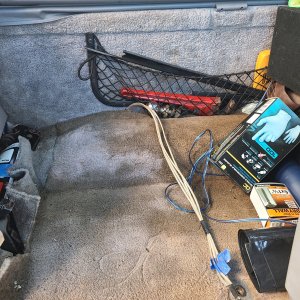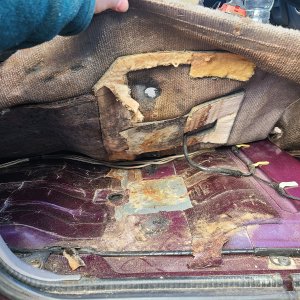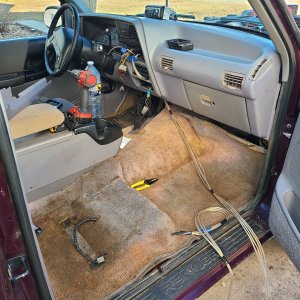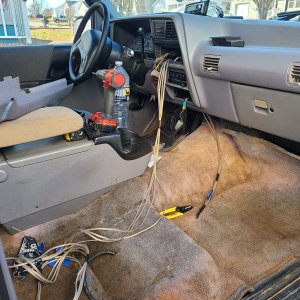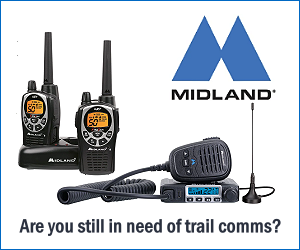John.R.Vreeland
New Member
- Joined
- Aug 5, 2015
- Messages
- 5
- Reaction score
- 0
- Points
- 1
- Vehicle Year
- 2000
- Make / Model
- Ford
- Transmission
- Automatic
I could really use some advice on this one: I have a 2000 3.0 Ranger and I recently rebuilt the heads since two exhaust valves have sunk about 5% per a compression test. I went to install the heads and 5 total bolts spun in the block. I was torquing them to 68 ft lbs when they spun. I checked to see if the minimum torque was reached of 63 ft lbs and it was so I put everything together and hoped for the best. I drove around for about three weeks and I noticed I was consuming coolant, so I pressure checked my system and I am leaking from both heads. Ideally I want to get a short block and put the heads on it but I cannot find one, so I began looking into re-manufactured engines and most places either have surprisingly bad reviews or the engine is pretty expensive and money is rather tight. So here is my dilemma: should I replace the engine, should I rebuild my current block (about $40-$55 per hole along with new oil pump, piston rings, crank bearings, crankshaft position sensor and crankshaft oil seal) or just get a new block and transfer what I can over? I was looking into a short block or rebuilding due to odd sound during coasting and/or declaration; I don't even know how to describe it. It might even be a transmission for all I know but I am attempting to eliminate the need to tear into my engine like this again for another 100,000+ miles.
